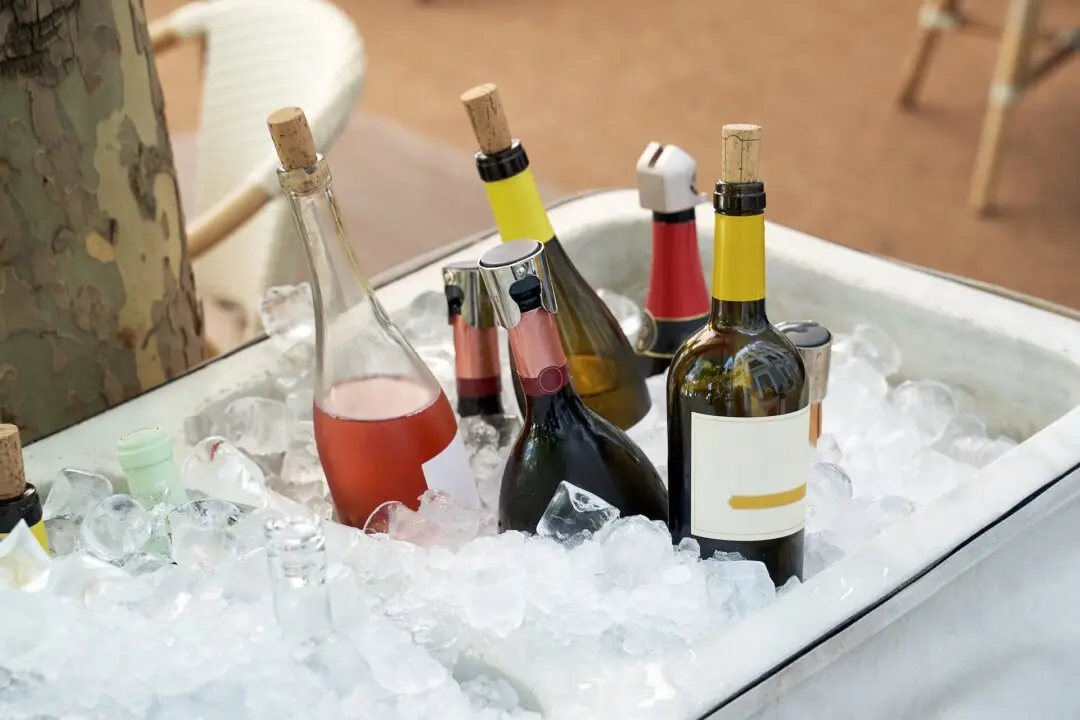The wine shop clerk told me the wine was very dry, but when I took my purchase home and pulled the cork, I found it to be too sweet for me.
Yet again, I learned that taking the advice of wine store clerks can be a mixed bag, and often leads to an inappropriate purchase— or worse, an awful wine.





